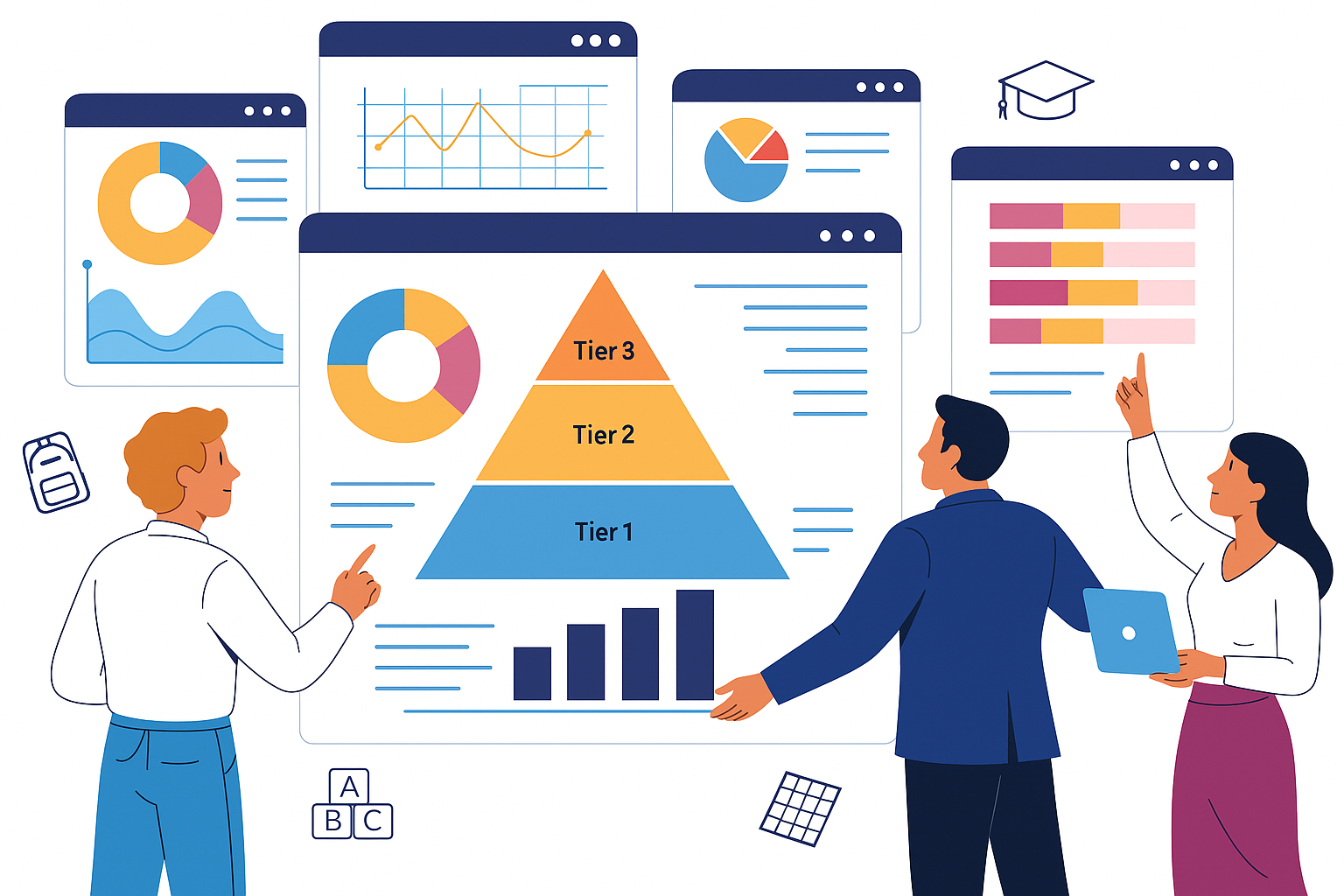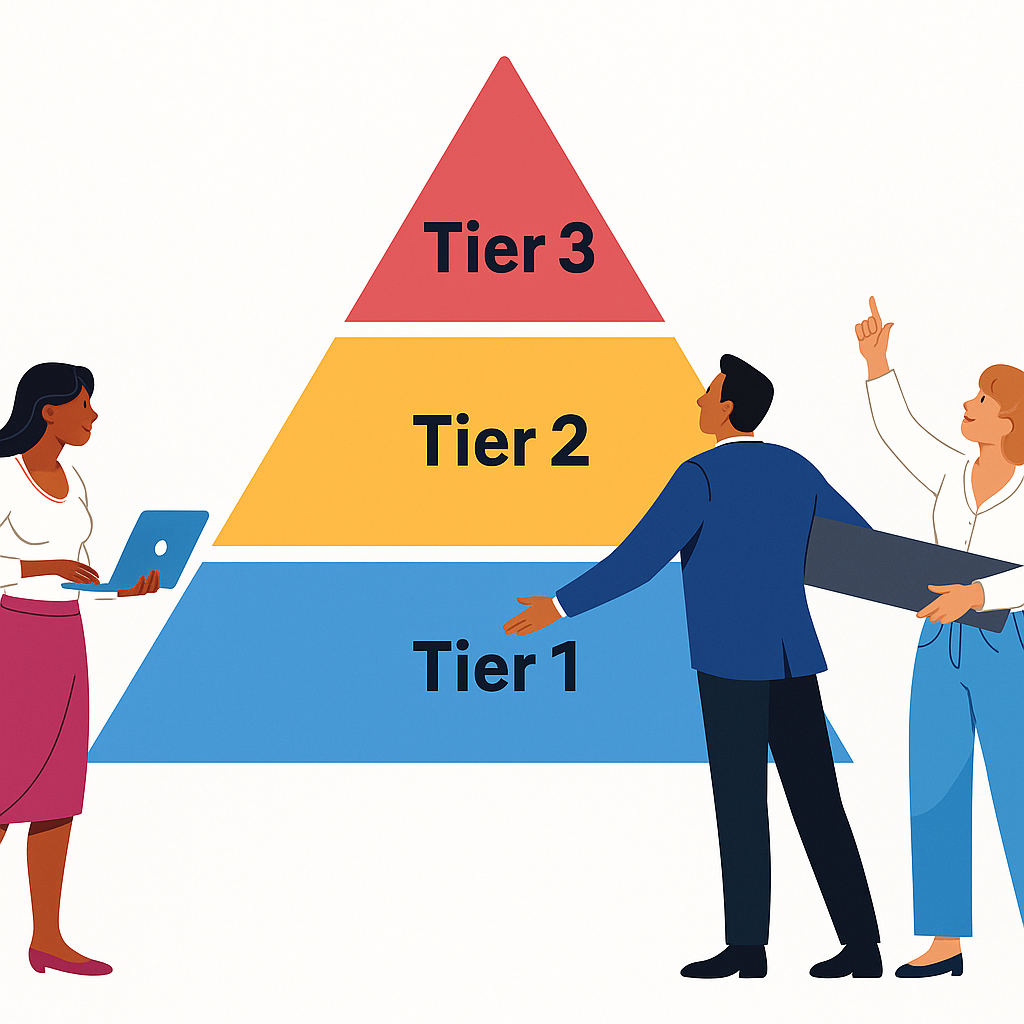Whole Child & Whole Educator: Social Emotional Learning Supports

As we advocate for opportunities to support the whole child in this pandemic, so too must we support the whole educator. Last year the National Commission on Social, Emotional, and Academic Development released a landmark report titled A Nation at Hope. This report, a two-year collaboration entailing the input of more than 200 scientists, psychologists, researchers, educators, youth and parent groups, and policymakers concluded that:
- Social, emotional, and academic development are inextricably linked to educate the whole child or “whole learner.”
- Investments in social and emotional programs generate broad social benefits.
- Positive adult influences must begin early and continue during a child’s entire school career.
This report elevated the importance of social-emotional learning supports, the call for our collective impact, and has accelerated the use of many of the resources that we are using today. In fact, these efforts have become even more important as we live in an adaptive and dynamic pandemic environment. As we engage in our sensemaking, Nick Yoder, CASEL Director of Policy and Practice shared insights into a review of state COVID 19 plans for the reopening of schools.Through an SEL lens he highlighted five key elements of success, refinement, and innovation:
1. Communicate SEL as important for all students and adults - How is your environment utilizing social media, websites, and newsletters to convey this importance?
2. Define and distinguish SEL and mental health supports - How is your system providing schools the much-needed resources for tiered supports?
3. Disseminate SEL practices in the time of a pandemic - Do you have resources and SEL Practice that you are providing? Many are made available at no cost to districts and offer valuable training **
4. Provide professional learning and support for adult SEL competencies, and wellness - Are resources and training available in flexible virtual environments for adult learners?
5. Leverage data or continuous improvement - What is your system's strategy for utilizing data to achieve your outcomes?

As we face the many challenges of learning, well-being, and economics in our school communities I am again reminded of the wisdom of author and leader Margaret Wheatley:
"It is possible to prepare for the future without knowing what it will be. The primary way to prepare for the unknown is to attend to the quality of our relationships, to how well we know and trust one another."
How might you be attending to the relationships in your environment?
RESOURCES FROM THIS ARTICLE:
- A Nation at Hope
- Casel COVID Resources
- America's Promise Alliance COVID-19 Resource
- Sanford No-Cost Social Emotional Learning Program
- Margaret Wheatley
- Social Emotional Supports for Children and Educators in K-12 Schools
%20good%20version.png)



